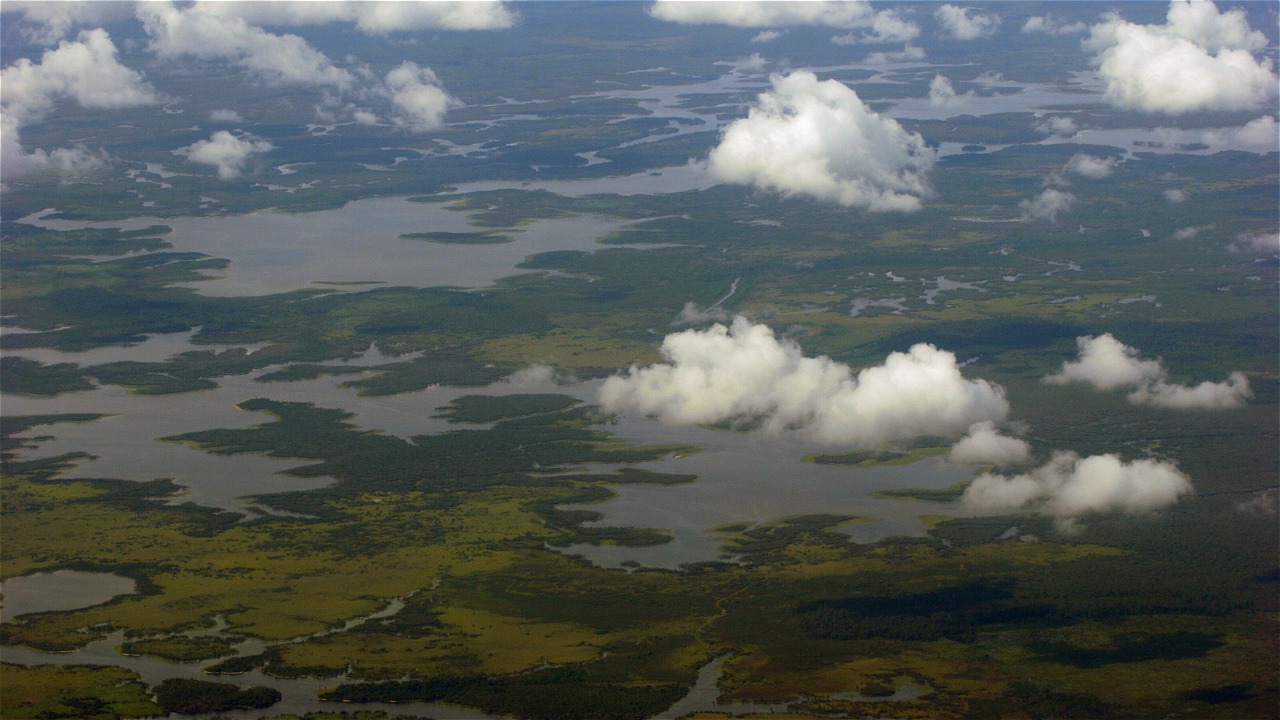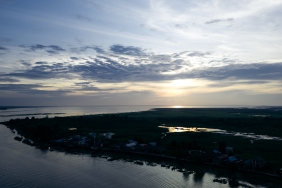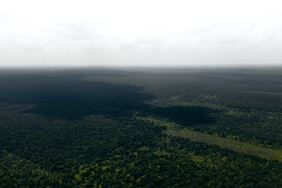LOVE AND PROTECT NATURE
TARAKAN - Deputy Mayor of Tarakan City, Khaeruddin Arief Hidayat reminded all parties to love nature as much as they love themselves. Thus nature will reciprocate with affection and provide benefits. This was expressed when opening a one-day seminar with the theme "Education for Sustainable Development, Heart of Borneo (HoB)" organized by WWF-Indonesia in collaboration with the City Government of Tarakan.
According to Areif, the environmental aspect is very important in the process of shaping a young generation's character, so that it is more sensitive and concerned about the environment, economy and social. "God teaches us to love one another towards his creatures, both to fellow humans and living things in this universe, including the plants in our environment. In essence, if we love nature, nature will love us, and vice versa, if we damage nature, nature will give us disasters, be it floods, landslides, smog and so on, "explained Khaeruddin, Monday (20/10) at the seventh floor convention hall of the University of Borneo rectorate building, Tarakan.
Therefore, the participants are expected to be committed to applying the learning methods used during the socialization and can be implemented in the concept of education for sustainable development. "Tarakan is a small island, so we need to take good care of it. If we do not take care of it from now on, it will sink in the future. This has been seen from the abrasion of Amal beach which is quite alarming. Let's take care of it together by keeping the environment beautiful and comfortable," he said.
Meanwhile, WWF-Indonesia representative Arman explained, education for sustainable development is one of the most important elements in realizing sustainable development programs in the aspect of education and learning.
In this regard, WWF-Indonesia partners with education activists to implement an education model for sustainable development, one of which is in the Heart of Borneo or HoB area. "This program is based on the HoB area which has a high level of degradation of Kalimantan forest areas. In this program, we not only train teachers from elementary school to junior high school, but also enrich learning methods and school assistance in implementing Education for Sustainable Development (ESD)," he explained.
The purpose of implementing ESD in the HoB area, which has very high social capital and natural resource capital, is to create conditions for sustainable natural resource management in a region. ESD implemented in the HoB is pursued through a whole-school approach. This is to cover all those involved in school management from the teaching and learning process, to parents and stakeholders who are in contact with the school.
The most fundamental change after implementing ESD in HoB area is that the program helps schools to develop Curriculum document of Education Unit Level (KTSP), and changes in management and arrangement of school environment for the better.
source: Koran Kaltim





